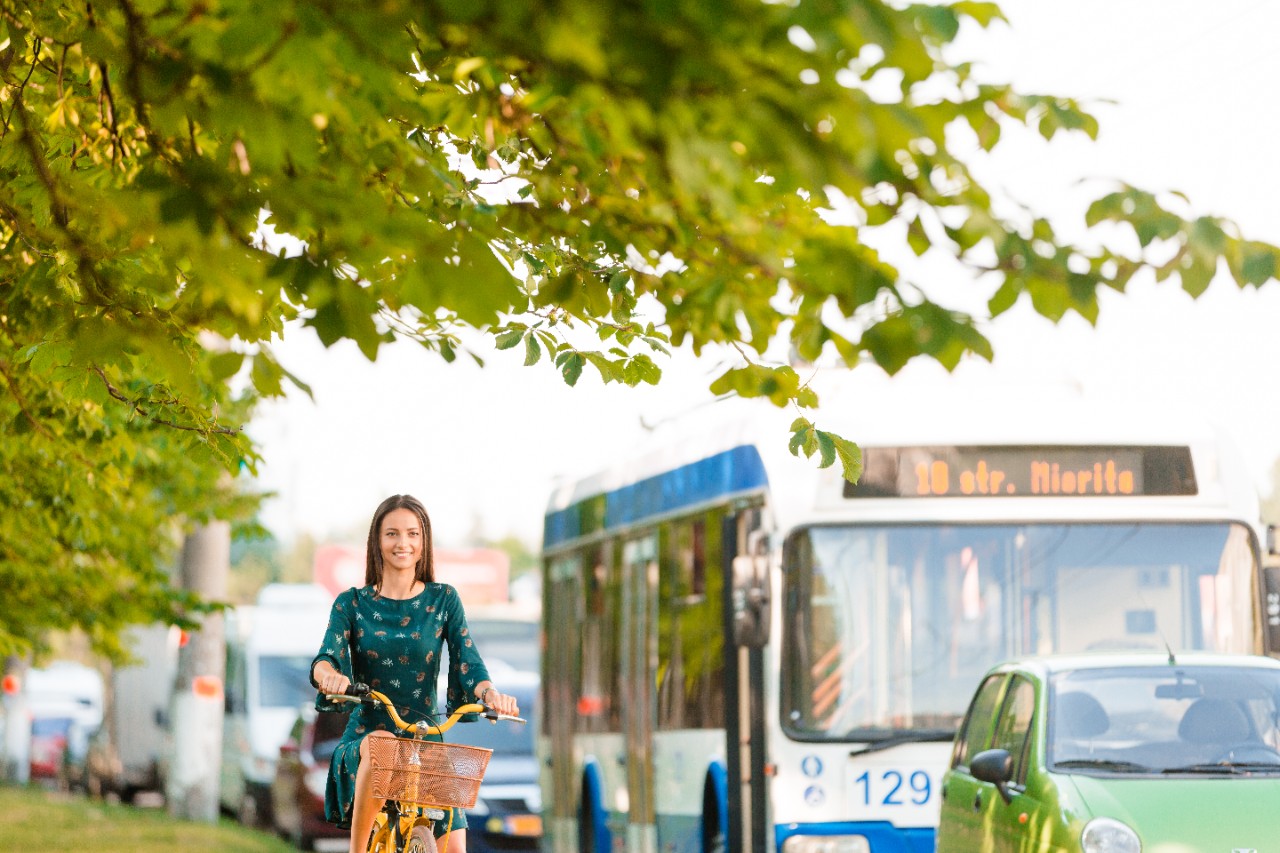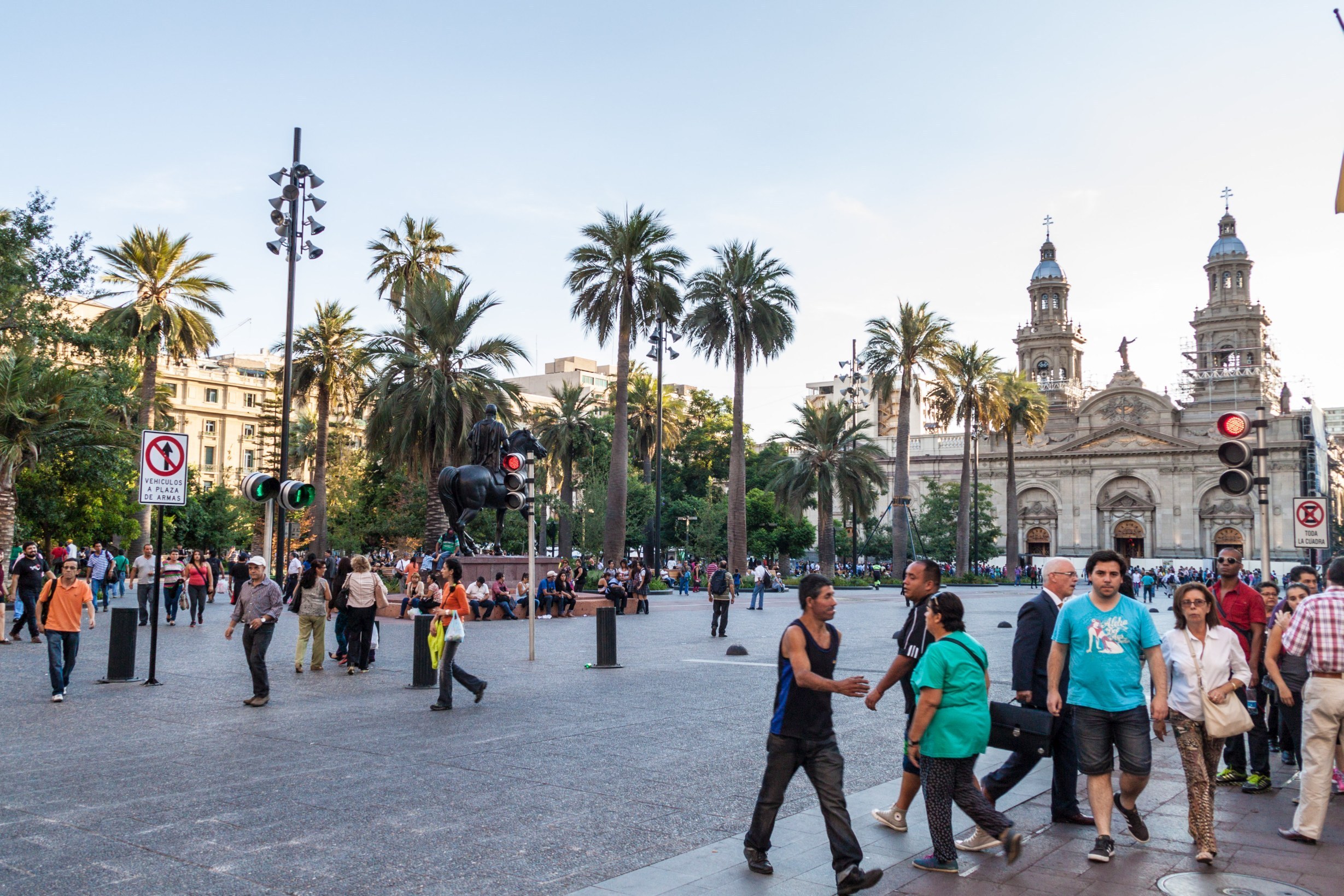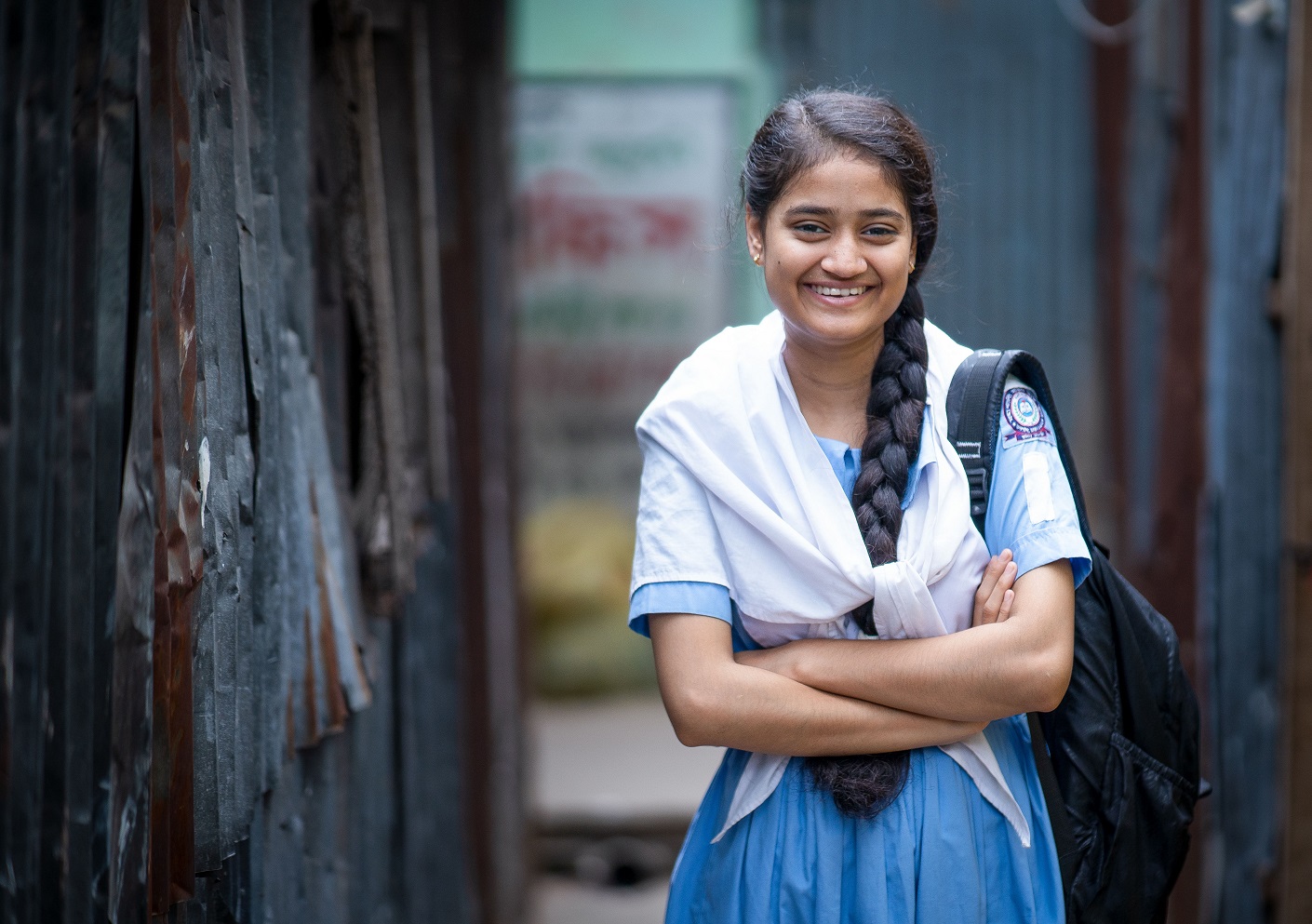The Local2030 Coalition is the UN System-wide platform and network for supporting and accelerating the localization of the 2030 Agenda for Sustainable Development and its 17 Sustainable Development Goals (SDGs), endorsed in 2015 by 193 member states to ensure sustained and inclusive economic growth, social inclusion, and environmental protection, as well as fostering peaceful, just, and inclusive societies.
The Government of Spain, the regional government of Basque Country, and the United Nations open the Local2030 Coalition Secretariat in Bilbao
Published by UNDP on 31 October 2022
Photo from Unsplash of Bilbao, Spain: https://unsplash.com/photos/Er_Z4qZHIEI
Bilbao, Spain, 31 October 2022. The Deputy Secretary-General of the United Nations and Chair of the United Nations Sustainable Development Group, Amina J. Mohammed; the Executive Director of the United Nations Human Settlements Programme (UN-Habitat), Maimunah Mohd Sharif; the Assistant Administrator and Director of Bureau for Policy and Programme Support of the United Nations Development Programme (UNDP), Haoliang Xu; the Minister of Foreign Affairs, European Union and Cooperation of Spain, José Manuel Albares; the Secretary of State for the 2030 Agenda, of the Ministry for Social Rights and the 2030 Agenda of Spain, Lilith Verstrynge; the President of the regional government of the Basque Country, Iñigo Urkullu; the Mayor of Bilbao, Juan Mari Aburto, and the President of the BBK Foundation, Xabier Sagredo, participated today in the opening of the Local2030 Coalition Secretariat in Bilbao alongside other high level authorities and stakeholders’ representatives.
During the opening the Deputy Secretary-General of the United Nations and Chair of the United Nations Sustainable Development Group, Amina J. Mohammed, highlighted that “The Local2030 Coalition will bring together the combined resources of the UN family in enabling the energy, digital, and green and blue transitions needed for sustainable development.”
The Executive Director of UN-Habitat (the permanent Co-chair of the Local2030 Coalition and lead agency of its Secretariat), Maimunah Mohd Sharif, noted that “The push towards localization started with Agenda 21, evolved with the Millennium Development Goals, and has become a real driving force in achieving the 2030 Agenda and its Sustainable Development Goals. We hope that in the post-2030 Agenda, localization will be a central element rather than merely an instrument of implementation, a true manifestation of the principle of inclusive multilateralism.”
The Local2030 Coalition is a shared space to mobilize, engage and empower every local actor to bolster the localization of the SDGs. Fourteen UN Agencies, Funds, Programmes, and Offices are also part of the Local2030 Coalition, acting as the advisory body to its Steering Committee. Together with its partners, the Coalition will generate innovative solutions for local action and impact, it will actively contribute to SDG acceleration and will report progress at the SDG Summit in September 2024.
The Assistant Administrator and Director of Bureau for Policy and Programme Support of UNDP (the rotating co-chair of the Secretariat for the period 2022-2024), Haoliang Xu, stated during the opening that "The Local2030 Coalition has a unique opportunity to promote local actions for sustainable development everywhere and connect these local actions to the global 2030 agenda. The Secretariat, opening today in Bilbao, will provide the locus for cross-fertilization of ideas and exchange of solutions from across the world. We are grateful for the support of the Government of Spain, the Basque Government, and the Bilbao City Council."
The Minister of Foreign Affairs, European Union and Cooperation of Spain, José Manuel Albares, said that Bilbao’s awarding as the Local2030 Coalition Secretariat "is a tangible sign of the effort and commitment of all institutions in Spain, as well as our society, with this common welfare Agenda."
The Secretary of State for the 2030 Agenda, Lilith Verstrynge, highlighted the "transformative potential of the local level to build the future of sustainability, rights and social justice that we want for everyone" and said that the opening of the Secretariat represents "a qualitative leap” in the commitment of the Government of Spain "with co-governance and with the work from the local level."
For his part, the President of the regional government of Basque Country (Lehendakari), Iñigo Urkullu, thanked the United Nations for selecting Bilbao to host the Secretariat, remarking that this "represents a recognition of the trajectory developed in the Basque Country in terms of the 2030 Agenda; and, fundamentally, it constitutes a commitment to the future." He also remarked the role that subnational governments have in the achievement of the 2030 Agenda.
The Mayor of Bilbao, Juan Mari Aburto, conveyed what it means for the city to host the Coalition Secretariat, "We are proud to be the headquarters of the global community's efforts in localizing the 2030 Agenda and we make available to this headquarters the resources, knowledge and experiences of our city to make the motto of 'leaving no one behind' a reality."
And the President of the BBK Foundation, Xabier Sagredo, mentioned that "BBK is firmly and strategically committed with the Local2030 Coalition Secretariat for the localization of the 2030 Agenda of the United Nations that today we open in Bilbao; because we know the transformative value of sustainable competitiveness to respond to the challenges of our territory, the planet and humanity."
The opening of the Local2030 Coalition Secretariat was held on the World Cities Day to recognize the contribution of cities and local actors to addressing the world’s urban challenges and engage the international community towards implementing the New Urban Agenda, the roadmap to sustainable urbanization adopted at Habitat III Conference in Quito in 2016.
The World Cities Day theme of this year Act Local to Go Global focused on accelerating the implementation of the SDGs in cities, towns, and local communities.
A panel session discussed urban challenges, accelerated implementation of the SDGs, and transformative solutions to leave no one and no place behind. The event was also a landmark of the World’s To-Do List global campaign that calls for greater support to cities to achieve the SDGs. Through this campaign the City of Bilbao joined other cities across the world in underlining their commitment to the SDGs.
Retrieved from https://www.undp.org/press-releases/government-spain-regional-government-basque-country-and-united-nations-open-local2030-coalition-secretariat-bilbao





